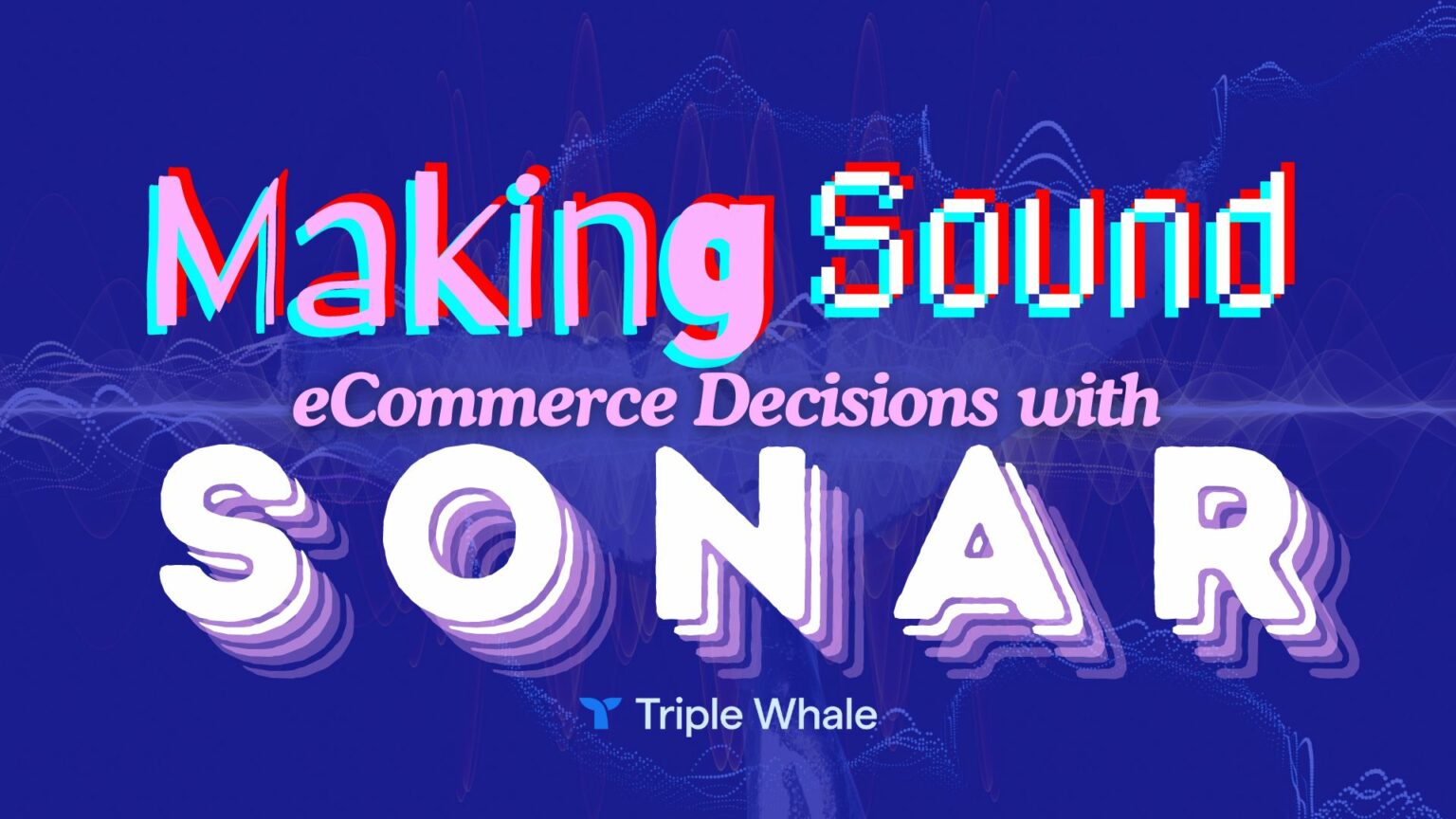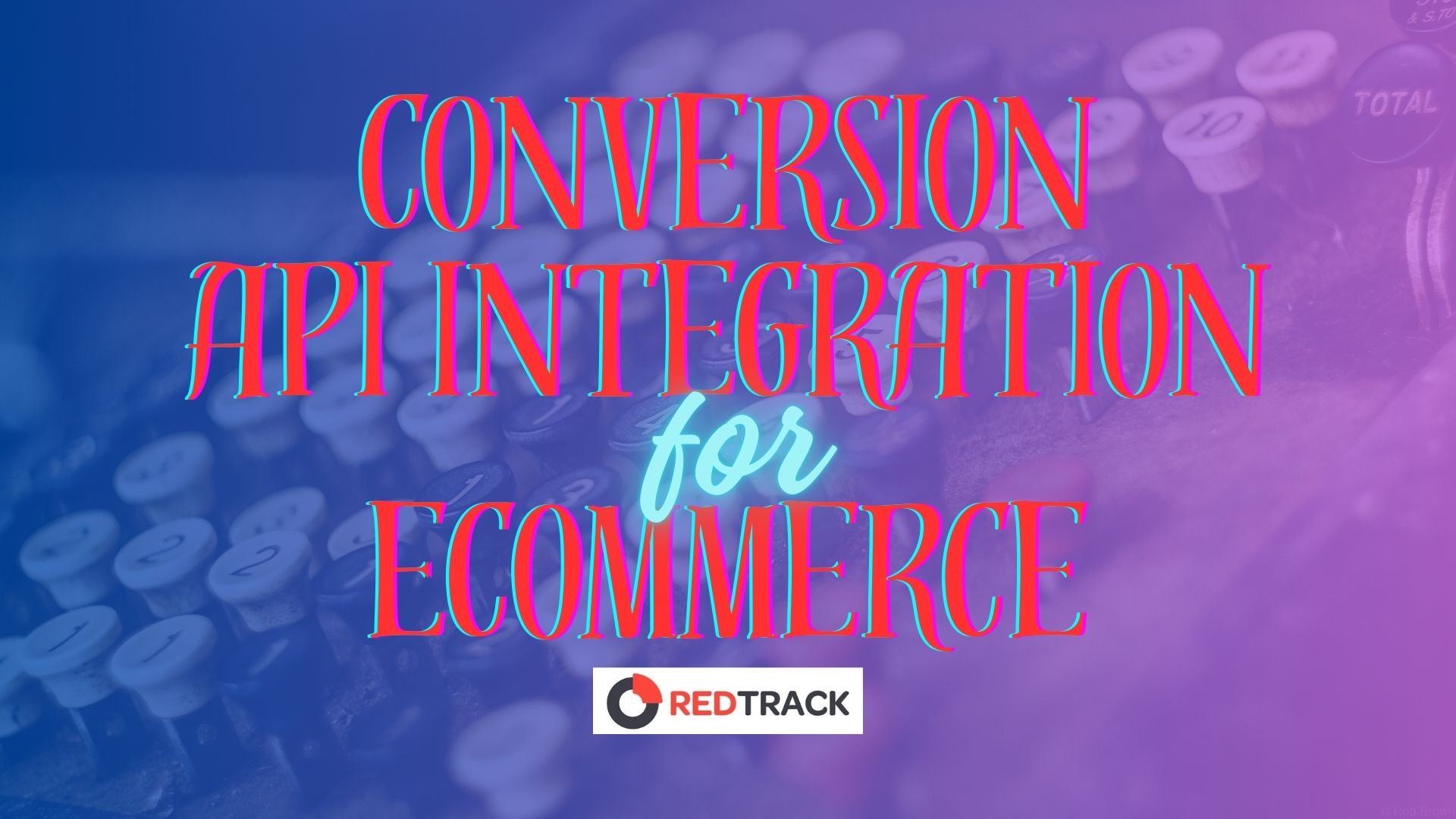
Why eCommerce Owners Need Conversion API Integration


eCommerce businesses face significant challenges in tracking customer journeys and measuring marketing effectiveness.
As privacy regulations tighten, third-party cookies phase out, and ad blockers become ubiquitous, traditional tracking methods grow increasingly unreliable.
This data gap leaves many online store owners struggling to optimize their advertising spend and understand their customers' paths to purchase.
Conversion API integration offers a powerful solution to these modern tracking challenges.
Unlike browser-based methods, Conversion APIs transmit data directly from your server to advertising platforms like Facebook, Google, and TikTok, ensuring more accurate and comprehensive data collection despite browser limitations or privacy settings.
As these trends continue to reshape digital marketing, forward-thinking eCommerce businesses are partnering with solutions like RedTrack.io to implement robust server-side tracking systems that maintain both marketing effectiveness and privacy compliance in this changing landscape.
What is Conversion API?
Conversion API (CAPI) is a server-side tracking technology that enables businesses to share web and offline event data directly from their servers to advertising platforms.
Unlike traditional pixel-based tracking that relies on browser cookies and JavaScript, Conversion API works behind the scenes, creating a direct communication channel between your eCommerce store and advertising networks.
How Does Conversion API Integration Work?
The conversion API process follows four straightforward steps:
- A customer interacts with your eCommerce store (viewing products, adding items to cart, making purchases)
- Your server captures these interactions as events
- The server processes this data and sends it directly to advertising platforms
- Ad platforms receive this secure data to optimize your campaigns and build more effective audiences
This server-to-server data transmission bypasses the user's browser entirely, eliminating many obstacles that traditional tracking methods face.
Conversion API vs. Browser-Based Tracking
Traditional tracking methods like Facebook Pixel operate through JavaScript code in the user's browser. This approach faces several limitations:
- Browser restrictions: Many browsers now limit cookie functionality or block tracking scripts
- Ad blockers: Widespread ad-blocking software prevents pixels from firing properly
- Cookie consent: Privacy regulations require explicit consent, which users frequently decline
Server-side tracking through Conversion API offers a more reliable alternative that functions independently of these browser-based constraints.
While using both methods together provides optimal results, Conversion API serves as a crucial foundation for your tracking infrastructure.
6 Key Benefits of Conversion API Integration for eCommerce Owners
Implementing conversion API integration delivers numerous advantages for eCommerce businesses looking to maximize their digital marketing efforts.
1. Improved Data Accuracy
One of the most significant benefits is dramatically improved data accuracy:
- Bypass ad blockers and browser limitations: Server-side tracking remains unaffected by client-side restrictions, ensuring you capture all conversion events
- Eliminate data loss: Prevent information gaps during network interruptions or slow page loads
- Track the complete customer journey: Gain visibility into cross-device, cross-browser, and even offline conversions
- Real-time data transmission: Send conversion data to ad platforms instantly, enabling faster optimization
For eCommerce businesses, this translates to a clearer picture of which marketing channels and campaigns truly drive sales, allowing for more informed budget allocation.
2. Enhanced Ad Campaign Performance
With more accurate tracking comes significantly better ad campaign performance:
- Improved audience targeting: Better data enables more precise audience segmentation and lookalike audiences
- Optimized ad delivery: Advertising platforms can better determine who sees your ads based on accurate conversion data
- Higher Return on Ad Spend (ROAS): More effective targeting leads to improved returns on your advertising investment
- Accurate attribution: Understand which touchpoints contribute most to conversions, allowing you to optimize your marketing mix
Many eCommerce businesses report dramatic improvements after implementing Conversion API.
For instance, SumUp saw a 10% increase in qualified leads and a 15% decrease in cost per qualified lead after implementing Facebook's Conversion API. Similarly, Fever experienced a 2.1X increase in return on ad spend and a 2.8X decrease in cost per purchase.
3. Deeper Customer Insights
Beyond improving ad performance, Conversion API enables richer customer insights:
- Track multiple conversion events: Monitor not just purchases but also add-to-carts, product views, and other micro-conversions
- Capture post-conversion events: Track events occurring after initial conversion, such as repeat purchases
- Analyze offline conversions: Connect in-store purchases or phone sales to your online marketing
- Unify omnichannel data: Consolidate data from multiple channels for a holistic view of customer behavior
These insights allow you to create more personalized marketing strategies and optimize the entire customer journey, not just individual campaigns.
4. Privacy Compliance
In today's regulatory environment, privacy compliance isn't optional – it's essential. Conversion API helps eCommerce businesses navigate this complex landscape.
5. Enhanced Data Security
Server-side tracking offers stronger data security than client-side methods:
- Controlled data sharing: You decide exactly what data is shared with advertising platforms
- Reduced risk of data leakage: Server-side processing minimizes the risk of sensitive information exposure
- Secure data transmission: Data travels through secure server connections rather than through potentially vulnerable browsers
6. Regulatory Compliance
Conversion API helps businesses comply with privacy regulations while maintaining marketing effectiveness:
- GDPR compliance: Server-side tracking reduces reliance on cookies, addressing key GDPR requirements
- Future-proof tracking: As privacy regulations evolve, server-side tracking provides a more adaptable framework
- User trust: By prioritizing privacy, you build stronger relationships with your customers
By implementing privacy-centric tracking solutions, eCommerce businesses can maintain effective marketing campaigns while respecting user privacy preferences – an essential balance in today's privacy-conscious marketplace.
Why eCommerce Owners Need Conversion API
As privacy regulations strengthen and traditional tracking methods become less reliable, Conversion API integration offers eCommerce businesses a powerful solution to maintain accurate data collection and optimize marketing performance.
By implementing server-side tracking, online store owners can overcome browser limitations, enhance ad targeting, and ensure compliance with privacy regulations simultaneously.
The benefits are substantial: more accurate data collection, improved campaign performance, deeper customer insights, and enhanced privacy compliance.
For eCommerce businesses aiming to thrive in an increasingly competitive and privacy-focused digital landscape, Conversion API integration has become a necessity rather than an option.
Ready to elevate your eCommerce tracking strategy?
Consider implementing RedTrack's robust ad tracking software that supports Conversion API integration. With the right tools and approach, you can transform tracking challenges into opportunities for sustainable growth and optimization.





